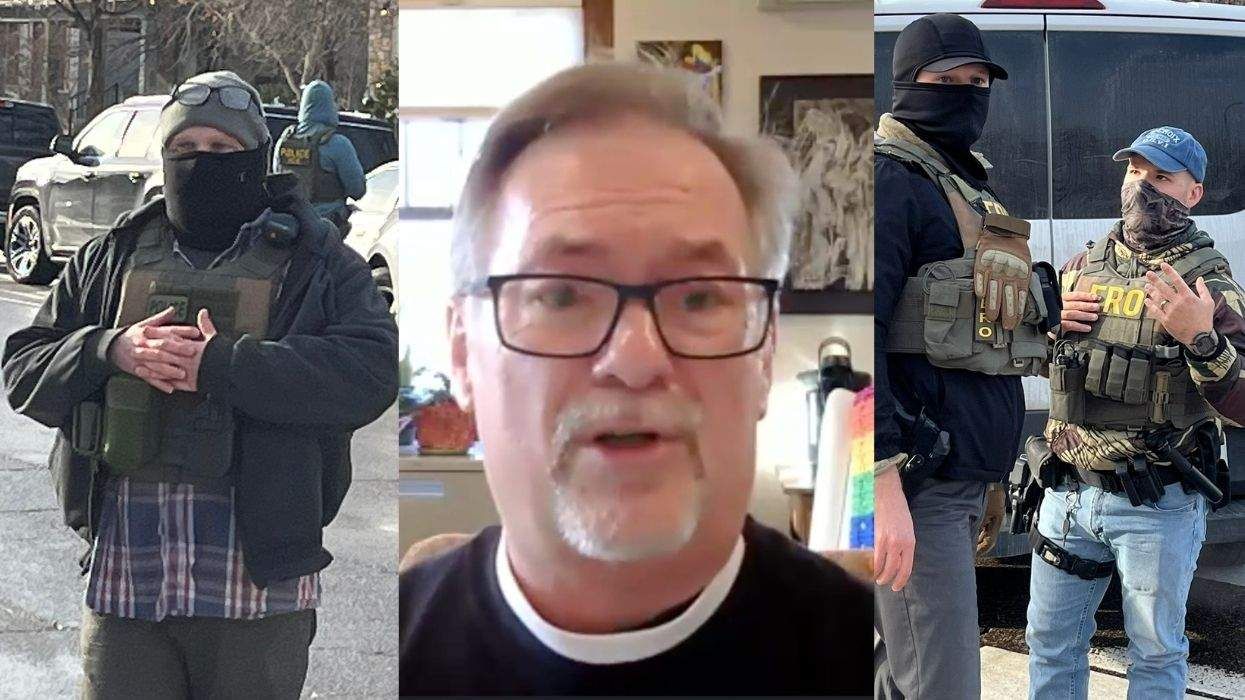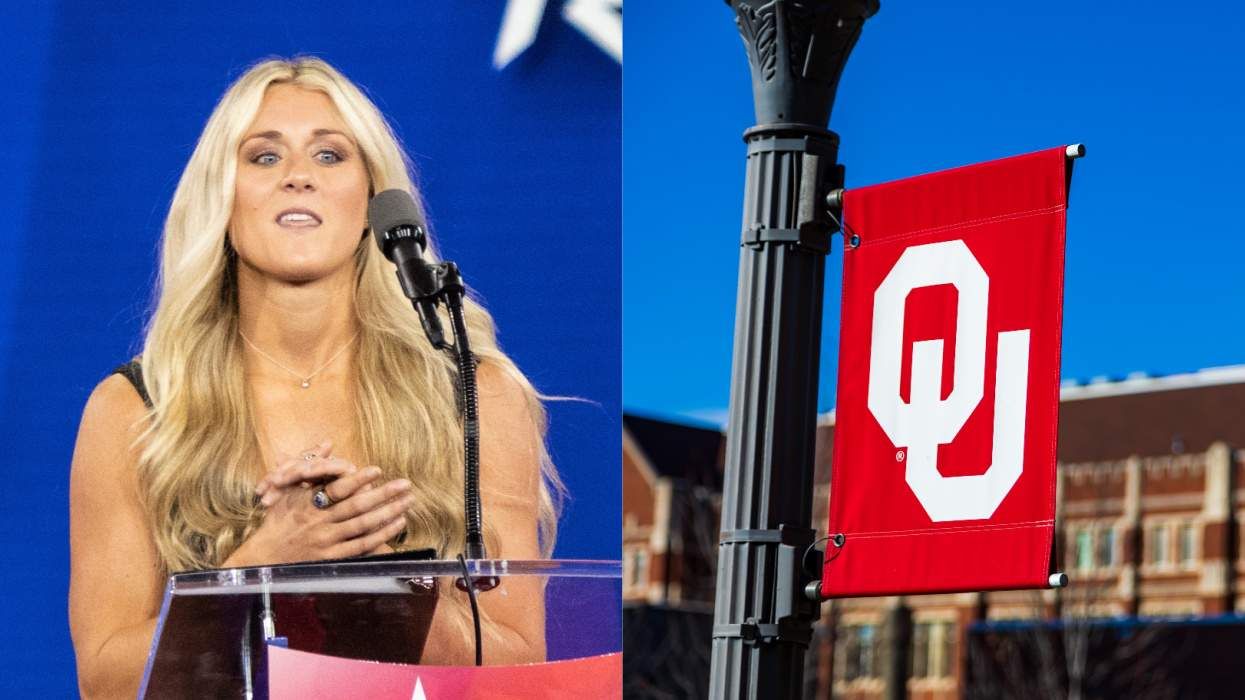The United Methodist Church opened its General Conference Tuesday in Charlotte, N.C., and one of the key issues delegates are expected to vote on is whether to reverse anti-LGBTQ+ positions the denomination has taken over the years — and which many congregations are ignoring and church leaders are largely not enforcing.
Why have LGBTQ+ issues become a focus of the meeting?
Supporters of LGBTQ+ equality have been trying for years to get the church to rescind its homophobic policies, without success. Since 1972, the church’s Book of Discipline has included this language: “The practice of homosexuality is incompatible with Christian teaching.” It was added as the gay rights movement gathered steam.
The church also does not officially condone same-sex marriages or ordain out LGBTQ+ clergy members — but such marriages have taken place in United Methodist congregations, and there are numerous LGBTQ+ people among Methodist ministers. Some LGBTQ+ clergy have been expelled when they came out, but many remain.
The denomination failed to formally lift the anti-LGBTQ+ policies at its previous General Conference, held in 2016, at any earlier ones, or at a special conference called in 2019 specifically to address LGBTQ+ issues. The General Conference is usually held every four years, but the 2020 event was canceled due to the COVID-19 pandemic, leaving it to the 2024 conference to deal with these matters.
“It will be deeply meaningful for me personally to vote for those changes,” Pittsburgh delegate Tracy Merrick, a supporter of pro-LGBTQ+ policies, said recently, according to PBS NewsHour.
What is the likelihood that these changes will be approved?
There has been resistance from conservative congregations, to the point that United Methodist leaders decided the differences were irreconcilable. In 2020, the church hierarchy unveiled a plan for disaffiliation from the denomination, and more than 7,600 of the church’s congregations around the world have left, either becoming independent or affiliating with the conservative Global Methodist Church. They represent about one-quarter of the church’s total.
Given that many conservative congregations have left the denomination, it's likely that the church will move in a pro-LGBTQ+ direction is strong. But some observers warn that resistance remains. The Religion and Social Change Lab at Duke University in North Carolina recently surveyed clergy and congregations in the state and found that one-fourth of the remaining clergy did not want to allow LGBTQ+ ministers and a third were against same-sex marriage, NPR reports.
“I’d also been left with the impression that this split would make the United Methodist Church a more progressive denomination, and in some ways, amongst the clergy, that has happened,” David Eagle, who runs the lab, told NPR. “But amongst congregations, congregations still remain very evenly divided both theologically and politically.”
What are the other options?
Another possibility is that delegates will simply agree to disagree on LGBTQ+ issues. That “would essentially codify what’s already happening within the church: more liberal conferences such as those in southern California would continue to ordain LGBTQ clergy and allow ministers to perform same-sex weddings while more conservative conferences such as those in the southern U.S. or parts of Africa would not allow such ordinations or weddings,” according to NPR.
Conference delegates took a step in this direction Thursday. They approved five of eight proposals to change the structure of the church, giving regional bodies greater control over policies. "The most critical of those five petitions was a constitutional amendment that effectively creates an entirely new system of regional authority worldwide, thereby putting regional bodies in both the U.S. and in other countries on equal footing," The Tennessean reports. U.S. regional bodies have usually had more power than those overseas.
In this new structure, more progressive regions would likely be LGBTQ-affirming, while those in conservative areas would keep restrictions in place. Conservative delegates, however, tended to oppose regionalization largely because it would pave the way for greater acceptance of LGBTQ+ people.
The conference continues through May 3, and delegates are expected to vote on the remaining regionalization proposals and the LGBTQ+ policies next week.
The United Methodist Church is the second-largest Protestant denomination in the U.S.; only the Southern Baptist Convention is larger. As of 2022, it had 5.4 million members in the U.S., but that doesn’t count all the recent disaffiliations. Figures for overseas membership, somewhat more recent, show 4.6 million in Africa, Asia, and Europe.















Charlie Kirk DID say stoning gay people was the 'perfect law' — and these other heinous quotes
These are some of his worst comments about LGBTQ+ people made by Charlie Kirk.